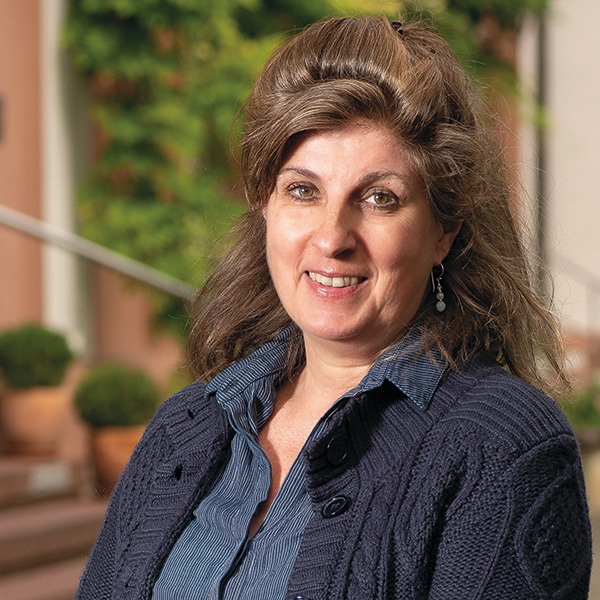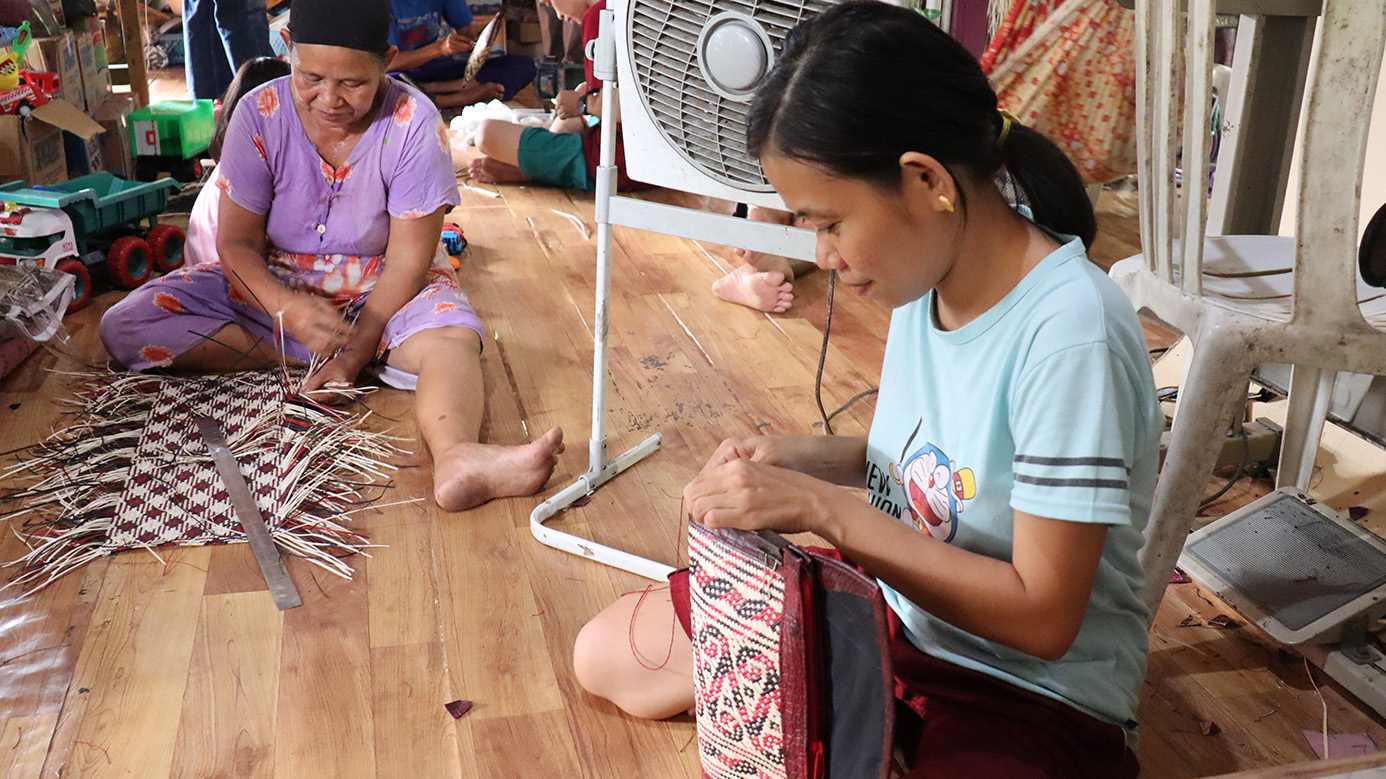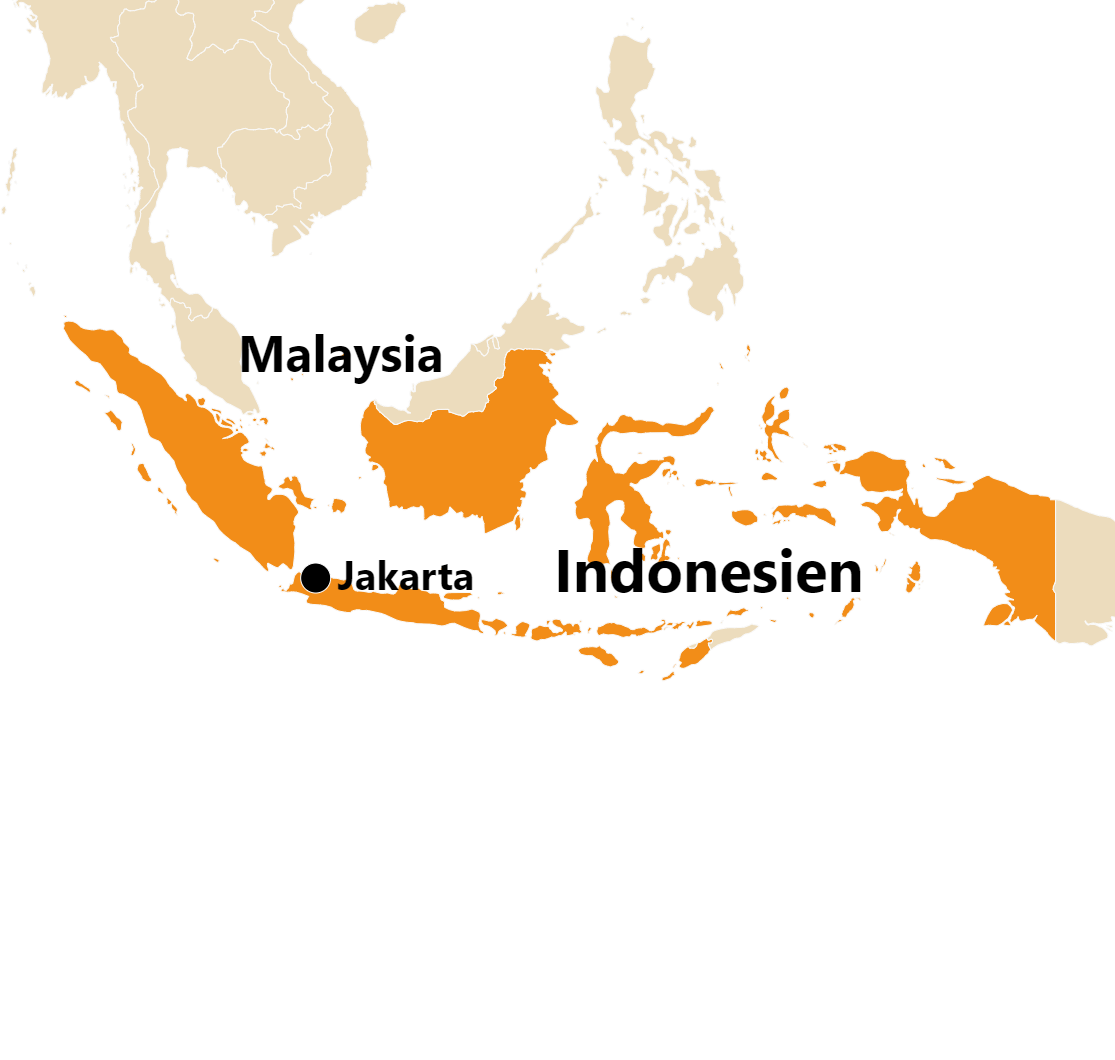
Jacqueline Brunner
Team leader church partnerships
Tel. 061 260 23 37
► E-mail

Project Number: 256.1004
In rural areas of Indonesia and Malaysia, the indigenous population has so far largely lived from agricultural self-sufficiency. Mission 21 supports particularly vulnerable village communities and groups with a wide range of training courses to help them develop new sources of income and implement their own projects in practice. Mission 21 also specifically supports disadvantaged children and young people, especially young women, with educational scholarships. For many children and young people in rural areas, a good quality education cannot be taken for granted. They have to move to district or provincial capitals for secondary schools and vocational training. Many families are unable to cope with the costs. In some areas, girls are also married off as minors, stop going to school or fall victim to exploitative working conditions, sometimes abroad as a result of labor migration. In Malaysia, the education of children who have no access to school due to their illegal status is specifically supported. Mission 21's education programs open up new perspectives and counteract poverty and exclusion.
Mission 21 works with five partner organizations in Indonesia (Papua and North Kalimantan) and Malaysia (Sabah) and promotes educational programmes for disadvantaged people in remote areas.
A large proportion of the population in Indonesia and Malaysia suffers from poverty and high unemployment. Although attendance at primary and secondary school is compulsory, only around half of children from low-income families attend secondary school. Many families cannot afford to educate their children due to socio-economic and geographical factors. In addition, remote rural areas, including Mission 21's project areas in Sabah, North Kalimantan and Papua, have limited educational structures compared to urban and semi-urban areas. Mission 21 supports disadvantaged children and young people in their education with scholarships and vocational training programs. The aim is also to strengthen the entire community, for example by helping young people return to their communities after they have completed their training. In addition, further training opportunities are promoted in the villages.
Immigration from other parts of Indonesia has already led to inter-ethnic tensions in the past and will continue to pose a major challenge in the country in the future. In Sabah, Malaysia, Mission 21 supports the education and care of children of migrant workers who have no access to schooling due to their lack of legal status.
Overall, the differences between rich and poor and between urban and rural areas are striking, as rural villages are often neglected in government development programs. In the rural regions in focus, the indigenous population lives mainly from subsistence agriculture and forestry. These are increasingly threatened by deforestation, soil erosion and the spread of monocultures, especially palm oil plantations. Environmental pollution from coal, ore and gold mining and the consequences of climate change are also endangering the health of the population. Mission 21 therefore supports advocacy efforts in the interests of indigenous communities with various local stakeholders.
In addition, certain traditional cultural norms and poverty in Indonesia and Sabah still lead to the marriage of underage girls and a structural disadvantage for women in society. Investing in the personal, spiritual and economic empowerment of women is central to gender equality, poverty eradication and inclusive economic growth. As mothers, heads of households, neighborhoods and social networks, they are particularly important in bringing about social change.
Mission 21's partner organizations work with the target population to develop strategies that help improve living conditions in the respective project region.
Marginalized and particularly vulnerable young people, especially young women, from indigenous communities in remote areas; indigenous communities that have no sources of income, lack arable land and are vulnerable to external threats. Undocumented children of migrant workers. Once the target groups have achieved a certain degree of autonomy and independence, project activities can be shifted to other locations and groups. This strategy reduces the risk of potential friction within the communities. At the same time, it contributes to a gradual expansion of the project activities, which involves the participants in a targeted manner.
Direct project participants: 482
Indirect project participants: 1,929
According to the needs and potentials of the target groups, our partner organizations carry out activities in one or more thematic fields in their respective contexts:
In 2023, a total of 335 children and young people received scholarships to attend secondary school and universities (201 female and 134 male learners). 28 young people completed vocational training and internships. 17 young people completed vocational training with the help of a scholarship and subsequently found work in their communities.
In 2023, a wide variety of training courses were also held on income generation, entrepreneurship, marketing and savings and credit groups. More than 700 women and 100 men are currently organized in production and marketing groups in the projects on Borneo. Of these, 250 women in Banjarmasin and the surrounding area work as weavers of rattan products, in the textile industry and in the culinary sector. On average, they earn considerably more than the state-imposed minimum wage for this region. Mission 21 supports the project financially and with its know-how. Ueli Knecht, a long-time Mission 21 employee, helped to set up the program as a consultant and supported the local project managers. This collaboration led to the establishment of an independent cooperative of producers in Banjarmasin at the end of 2019, which was also recognized by the government and already has around one hundred members today. In 2023, the partner organization BCCM was even able to present its jewelry products at the Social Enterprise World Forum in Amsterdam (SEWF) and also won a national award from the Minister of Enterprise Development and Cooperatives of Malaysia.
As environmental disasters are increasing due to climate change and the destructive exploitation of natural resources, a new platform for "Disaster Risk Reduction" has been introduced at regional level for the 2022-2025 program phase. The aim is to improve adaptability and resilience through prevention measures and thus strengthen project activities for secure livelihoods. Each partner organization is setting up an internal team for disaster risk reduction. The efforts at the level of the overall organizations are specifically taken up with the target groups of the "Secure Livelihoods" project in their living environment and put into practice. In 2023, for example, the partner organization BCCM started planting 10,000 pineapple seedlings and LK3 founded an agricultural women's group (10 members) and trained them in agroecology.

CHF 249'500
Mission 21
Protestant Mission Basel
PO Box 270
Missionsstrasse 21
4009 Basel, Switzerland
Tel.: +41 (0)61 260 21 20
info@mission-21.org
Donation account Switzerland:
IBAN: CH58 0900 0000 4072 6233 2
Tax exemption number:
CHE-105.706.527
Donation account Germany:
Savings Bank Lörrach-Rheinfelden
Swift BIC: SKLODE66
BLZ: 683 500 48
IBAN: DE39 6835 0048 0001 0323 33
Account No. : 1032333